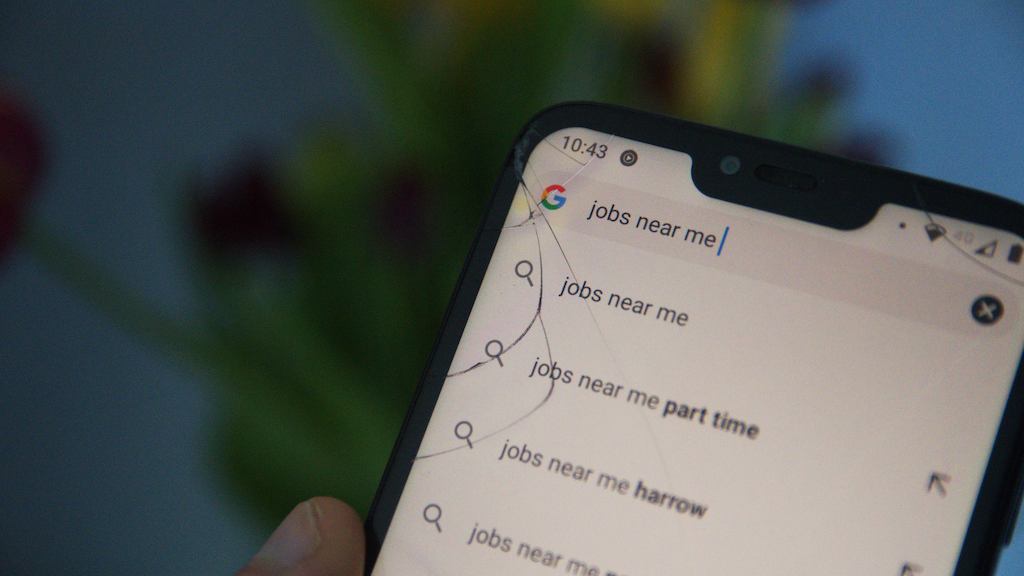The research showed that most older jobseekers found younger age stereotypes reflected in job advertisements in words such as ‘dynamic’ or ‘fast-paced’ quite off-putting. And this negatively affected their perceptions of both ‘fit’ and potential success in the application process. Older jobseekers felt that when age-stereotyped words like ‘innovative’ and ‘adaptable’ were used in job ads, it was less likely for them to get an interview or an offer.
The word ‘innovative’ also had a negative effect on whether older jobseekers felt like they would ‘fit’ within the recruiting organisation. Other age stereotypes in job ads such as ‘enthusiastic’, ‘dynamic’ and ‘ambitious’ were viewed positively by nearly half of 45–74 year olds, but negatively by just under a quarter. So, while not universally problematic, some words that highlight younger age stereotypes are likely to have an impact on how many older applicants will want to apply for such positions.
The COVID-19 pandemic has also had a significant effect on older workers, with redundancies among over 50s nearly tripling during 2020. We know that this group struggle more than any other age group to get back into work once they are made redundant, and there is a risk that ageism in the recruitment process could add to the barriers they face – leaving many out of work in the long term. Meanwhile, employers seeking to take on new staff as the economy recovers could miss out on the skills and talents of older workers.
Ensuring that the language of job adverts is fully inclusive, on the other hand, has benefits for both jobseekers and employers. Our research found that when inclusive language was used in job ads it appealed to a wider age group and positively impacted both older and younger jobseekers applying for those jobs. In fact, some words used in job ads may also have a direct positive impact on older jobseekers applying. Employers who highlight benefits in job ads, such as ‘generous workplace pensions’ or ‘flexible working offered’, are more likely to attract older applicants.
The Centre for Ageing Better recommend the following to promote inclusive language in job advertisements and descriptions:
- Consider using non-stereotypical, inclusive language. Focus on specific behaviours and skills required for the job, rather than stereotypes and personality traits. This involves replacing age-stereotypical words such as ‘technologically savvy’, with specific skills, such as ‘programming skills’. Avoid using terms like ‘innovative’, ‘technologically savvy’ and ‘recent graduate’.
- Emphasise employer benefits that might appeal to older workers, such as continuing professional development, flexible working and pension contributions. This is likely to appeal to all candidates and increase the likelihood of older jobseekers applying.
- Include a diversity statement in job advertisements. This can attract a wider range of candidates from a variety of protected characteristics such as women in male-dominated professions or people from Black, Asian and Minority Ethnic backgrounds in relatively non-diverse work settings. A diversity statement emphasising age-diversity can increase older applicants’ likelihood of applying and how well they think they will fit.
Inclusive language used in job ads can help attract a wider range of talents for organisations. By avoiding stereotyped language in job ads, everyone gets a shot at wanting to apply for jobs. It gives jobseekers more choice to apply for jobs and employers a wider talent pool to choose from. In the months ahead as both employers and jobseekers seek to recover from the crisis, this win-win could be crucial.


